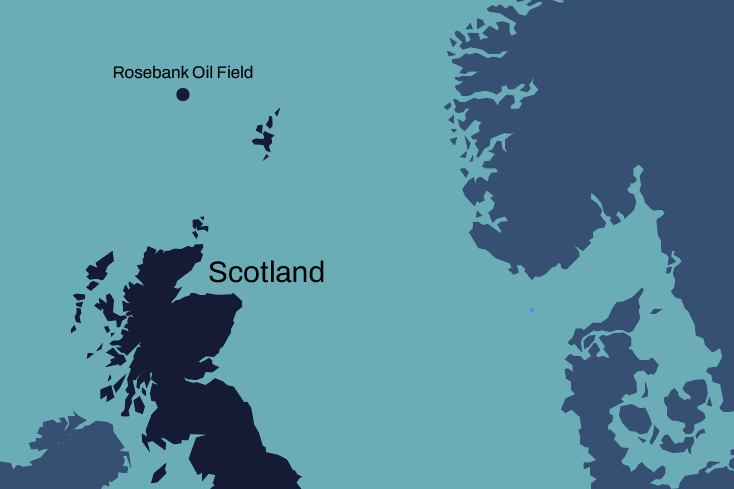SCCS applauds the UK Government’s promotion of offshore CCS through initiatives like the Track 2 Cluster funding announcement and by leading the world in running a regulated CCS license awards system. Yet, these gains will be eroded by sanctioning new oil and gas production, including Rosebank.
Stuart Haszeldine Professor of Carbon Capture and Storage, University of Edinburgh today said:
“Rosebank is entirely for the purpose of fossil fuel production. This makes no progress towards phaseout of fossil fuels, and makes no progress towards decreased carbon emissions. This is a UK and Norwegian contribution which adds to runaway global heating. The International Energy Agency clearly explained just the day before Rosebank approval was announced that no new hydrocarbons should be produced, unless fitted with CO₂ capture.
It is good that the production operations from Rosebank will be electrified to decrease emissions during production from 12 to 3kg CO2/barrel oil. Of course, Norway has already achieved that as standard practise on many new offshore fields. But (assuming zero carbon electricity is diverted from elsewhere in the UK) an estimated 27 Million tonnes less CO2 from operations electrification is just 10% of the lifetime emissions of oil and gas produced from Rosebank, which will be more than 300 Million tonnes CO2, possibly as much as 500 Million tonnes. The UK has in the past 2 months licensed CO2 storage capacity capable of storing 90 million tonnes CO2. But none of that will be ready for the Rosebank date to start oil production in 2027. And none of that CO2 storage capacity is linked to Rosebank. Why not?
Consequently the UK Prime Minister is determined to be average, not leading.”
SCCS Statement: UK Government's announcement of the Rosebank development
28/09/2023


